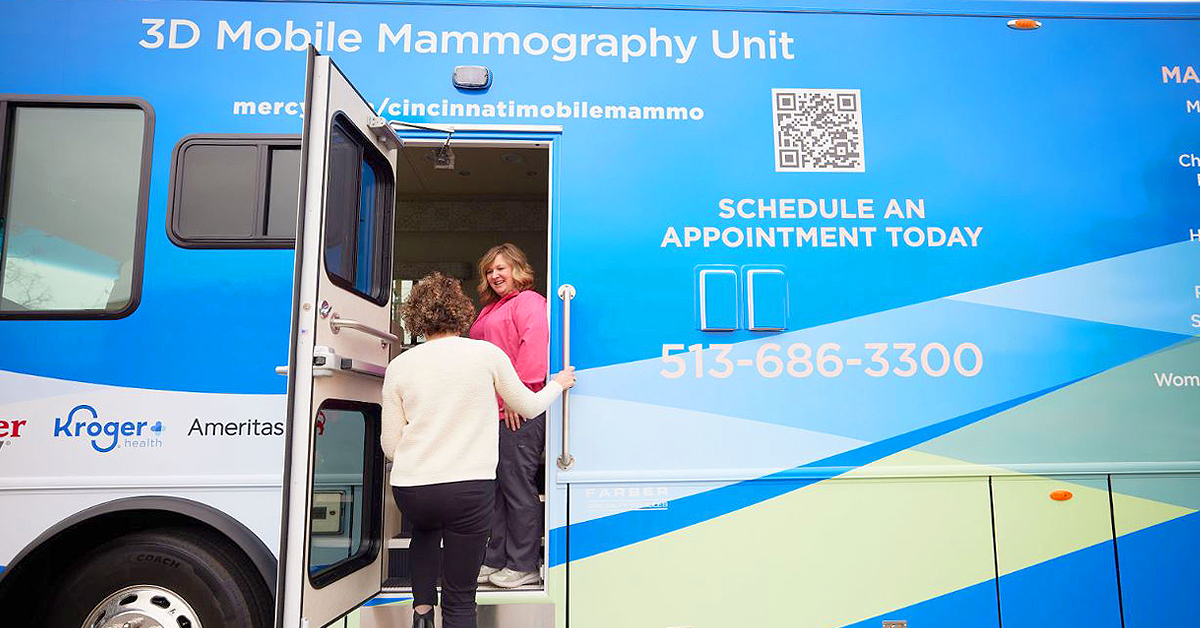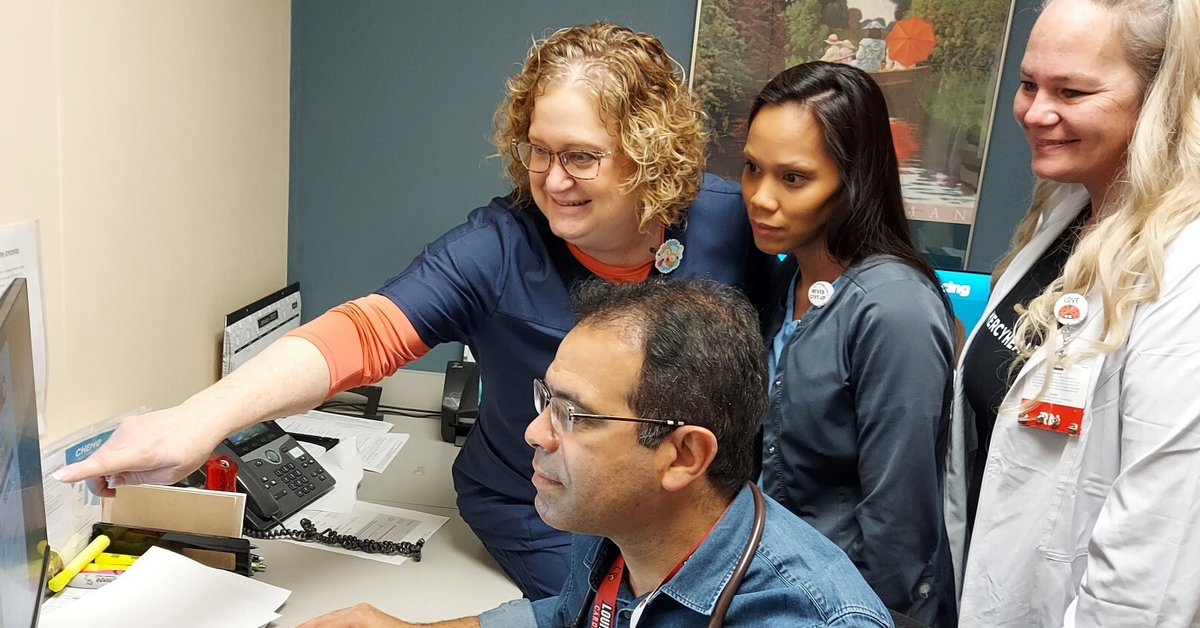With millions of confirmed cases, we know that many COVID-19 patients show symptoms such as fever, cough, shortness of breath, fatigue, muscle aches and more. It’s reported that 97.5% of people with COVID-19 who develop symptoms do so within 11.5 days of infection.
However, several studies by the Centers for Disease Control and Prevention (CDC) show people can be infected with COVID-19 yet be asymptomatic, meaning they never show symptoms of the virus.
People who are asymptomatic do not typically get tested, so the number of asymptomatic infections is not yet well understood. Because of this, experts suggest COVID-19 could be more widespread than reported so far.
Here is what we know about asymptomatic carriers.
- If you have the COVID-19 virus you could still spread it to other people even if you never show symptoms. In fact, it’s reported that each person who is infected with COVID-19 has the potential to spread it to at least four other people — and they might be asymptomatic, too. Therefore it’s very important that you practice social distancing, maintaining at least six feet between yourself and others, to avoid spreading the virus.
- It’s estimated that up to 50% of people who contract COVID-19 could be asymptomatic carriers. That means nearly half of people who have the virus and can spread it may not even know they have it.
- Currently, it’s unclear whether people with symptoms spread the virus easier and faster, or if those without symptoms do.
- Researchers are finding that asymptomatic patients with COVID-19 have less immune system damage than those who show symptoms. However, they can still experience long-term respiratory issues. So, even though they don’t show symptoms, damage is still being done to the bodies of asymptomatic carriers.
The moral of the story is that even if you aren’t showing symptoms, you can still spread COVID-19 to others.
To help keep yourself and those around you healthy, the CDC recommends that everyone take the following steps during this time.
- Stay home as much as possible.
- Physically separate yourself from others (at least six feet).
- Wear a face covering or mask in public and around other people.
- Wash your hands frequently or use hand sanitizer if soap and water are not available.
- Clean and disinfect high-touch surfaces daily.
- Monitor yourself for symptoms and seek medical assistance if you’re having trouble breathing.
Stay updated on what Mercy Health is doing related to COVID-19.






